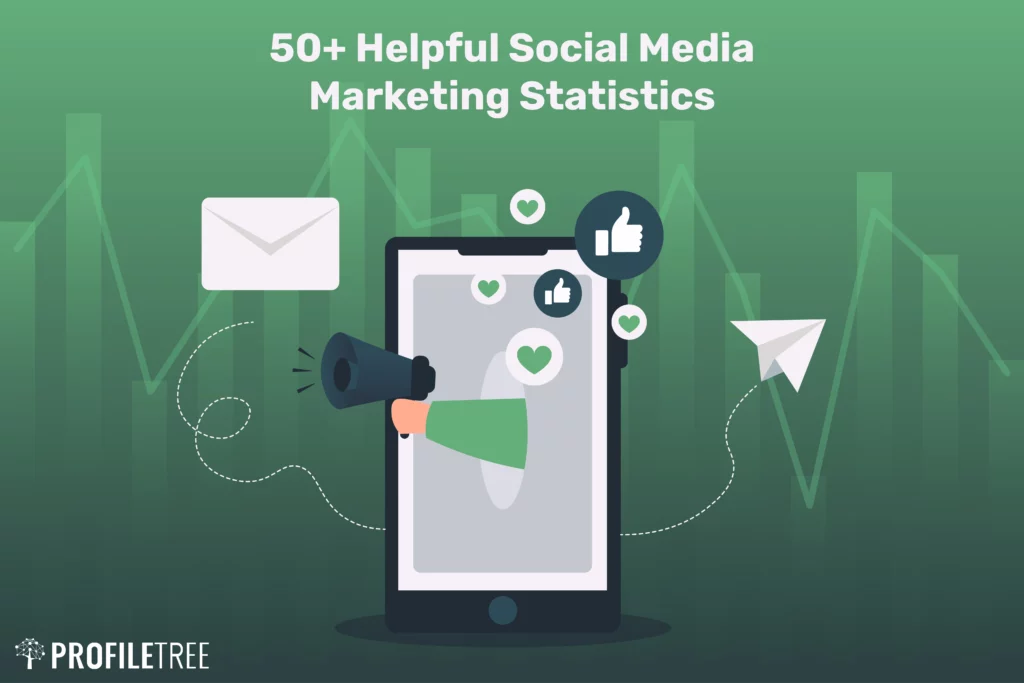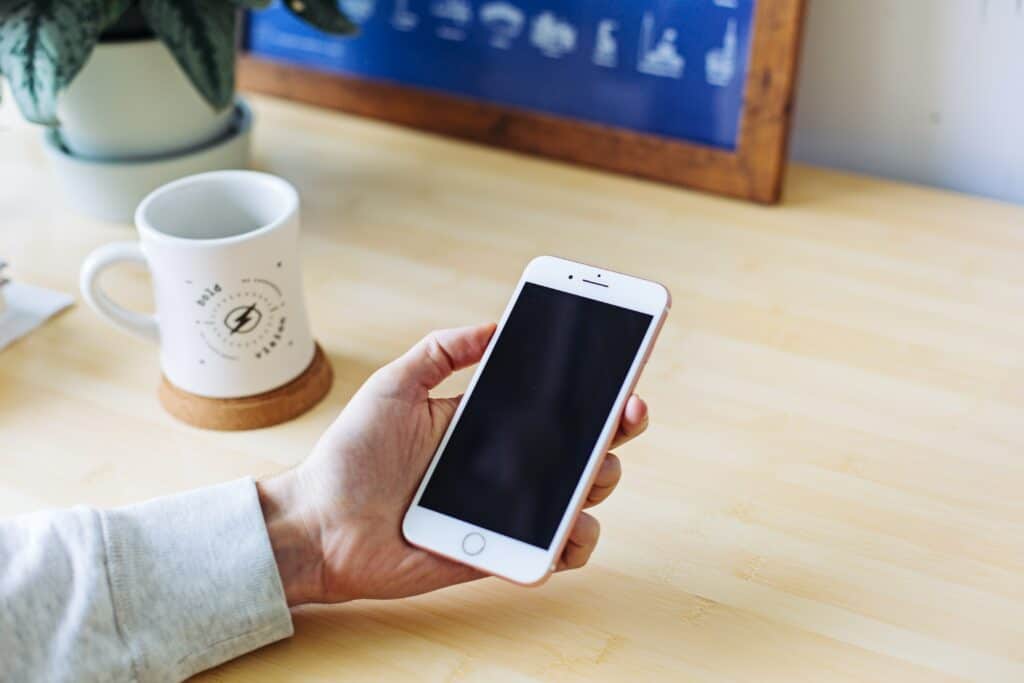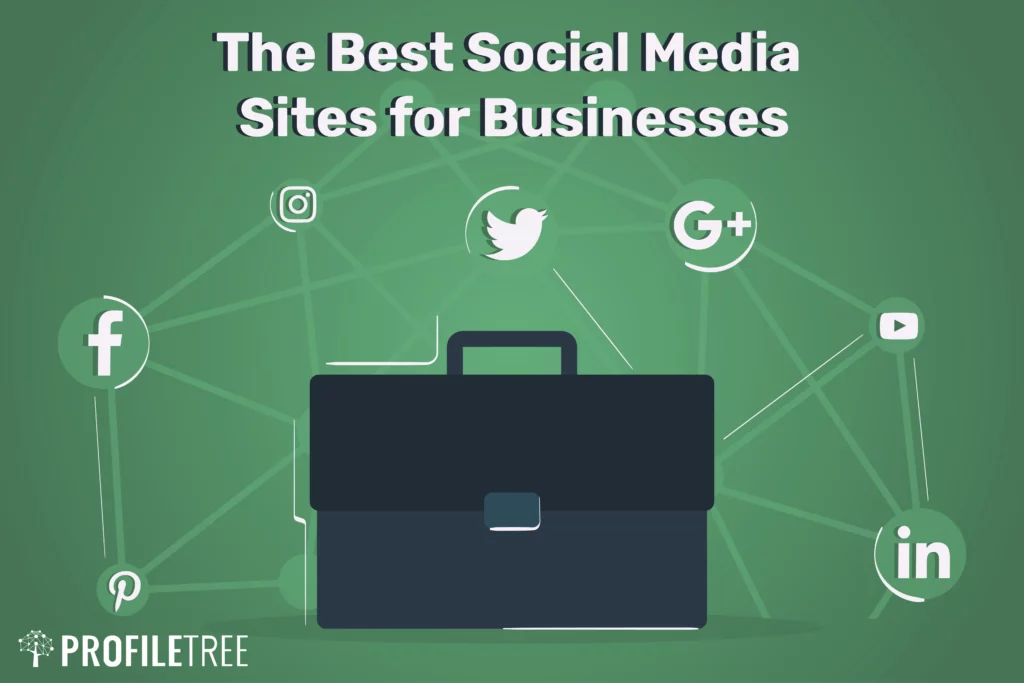Social media use has become an integral part of our daily lives, with billions of individuals using social networking sites and spending a significant amount of time on these platforms. However, the impact of this widespread use of social media on mental health is a topic of increasing concern.
Various studies have explored the relationship between social media and stress levels, shedding light on the potential negative effects of excessive use and addiction to these platforms.
What Are the Current Statistics on Social Media and Stress?
Social media platforms have become deeply woven into the fabric of our lives, offering connection, entertainment, and information at our fingertips. However, alongside these benefits lurk potential downsides, with mounting evidence suggesting a link between social media and stress levels are alarming. Today, we delve into the data to explore the current statistics on this complex relationship.
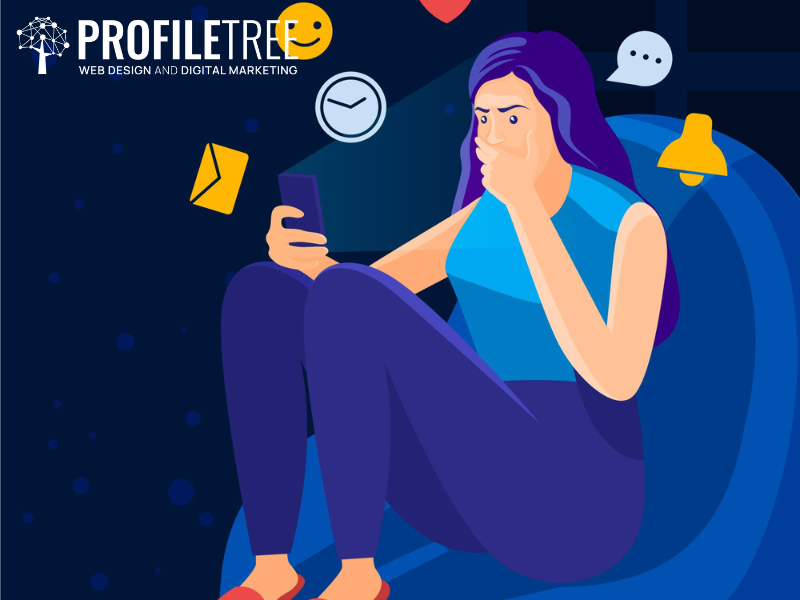
The Numbers Tell a Story
- Nearly ubiquitous usage: A staggering 69% of adults in the US use social media, according to the Pew Research Center, highlighting its widespread influence.
- Not all sunshine and rainbows: 59% of social media users report that it has impacted their mental health, with 40% experiencing feelings of anxiety or depression after using it (Bright Futures NY).
- Age matters: Teenagers seem particularly vulnerable, with 70% checking social media several times a day and 24% reporting mostly negative effects on their lives (Bright Futures NY).
- The pressure to portray perfection: 41% of women on social media feel pressure to present themselves in a certain way, contributing to potential feelings of inadequacy and low self-esteem (Consumer Notice).
- Fear of missing out (FOMO) is real: 37% of people on social media experience FOMO, further amplifying stress and anxiety around social comparison (Bright Futures NY).
- Cyberbullying’s sting: 32% of teenagers have been cyberbullied, highlighting a significant source of online negativity impacting mental well-being (Consumer Notice).
Beyond the Numbers
These statistics paint a concerning picture, but it’s important to remember that correlation doesn’t equal causation. Social media isn’t inherently bad, and many factors contribute to mental health. However, these numbers serve as a wake-up call, urging us to be mindful of our online habits and their potential impact.
Relationship Between Social Media and Stress
Research has indicated a link between excessive use of social media and stress levels. Individuals who spend significant amounts of time on social media platforms often experience higher levels of stress, which can have detrimental effects on their mental health.
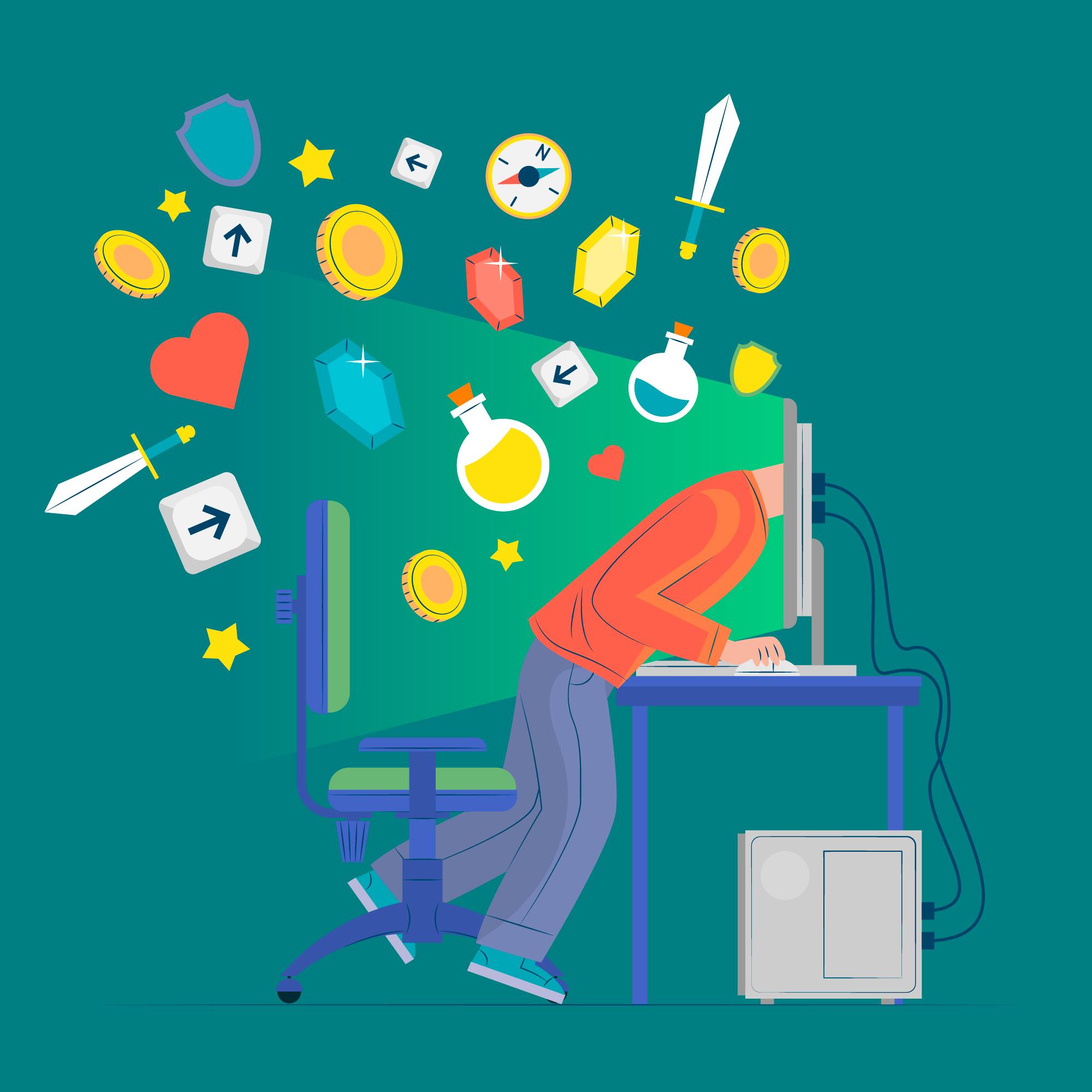
- Correlation paints a concerning picture: While causation remains to be fully established, numerous studies highlight a correlation between heavy social media use and increased risk of depression, anxiety, and loneliness. A 2021 study in Computers in Human Behavior found that individuals who spent more than two hours daily on social media were twice as likely to report moderate-to-severe depression symptoms.
- The comparison trap: Social media often presents curated snapshots of “perfect” lives, fueling social comparison and feelings of inadequacy. A 2018 study in the Personality and Social Psychology Bulletin found that individuals who frequently compared their lives to others online reported higher levels of anxiety and depression.
- FOMO fuels the fire: The fear of missing out (FOMO) is a potent force on social media, leading to anxiety and dissatisfaction with one’s own life. A 2020 study in Cyberpsychology, Behavior, and Social Networking found that FOMO was significantly associated with higher levels of perceived stress and lower life satisfaction.
- Cyberbullying’s dark side: Online harassment and cyberbullying can have a devastating impact on mental health, leading to fear, isolation, and depression. A 2017 study in JAMA Psychiatry found that cyberbullying victims were at significantly increased risk for suicidal ideation and attempts.
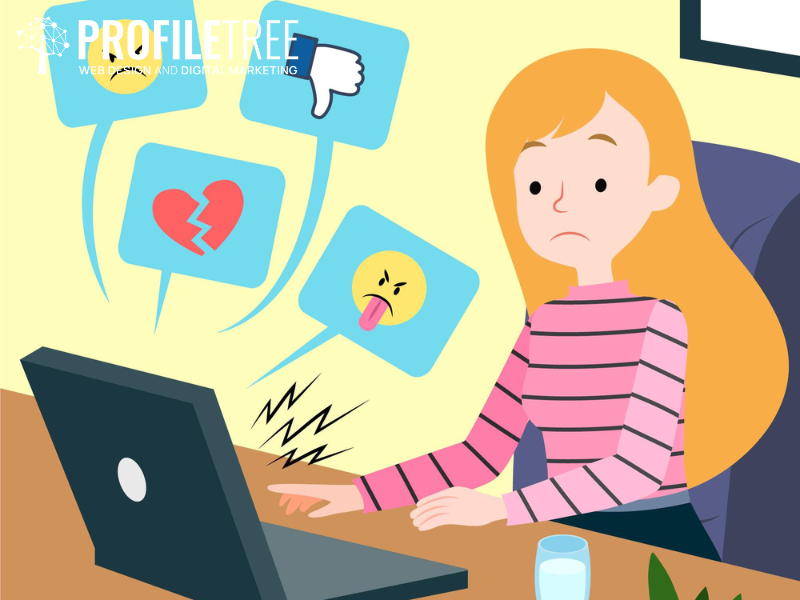
Increase in Mental Health Problems Among Social Media Users
Studies have shown an increase in mental health issues among frequent social media users. The constant exposure to curated content and the pressure to showcase an idealised life can contribute to feelings of inadequacy and anxiety, leading to a higher prevalence of mental health problems.
While establishing definitive causation remains complex, numerous studies highlight a strong correlation between heavy social media use and increased risk of:
- Depression: A 2021 study in Computers in Human Behavior found individuals spending over two hours daily on social media were twice as likely to report moderate-to-severe depression symptoms.
- Anxiety: Social comparison, fueled by curated online personas, can trigger anxiety. A 2018 study in the Personality and Social Psychology Bulletin linked frequent online comparisons to higher anxiety and depression.
- Loneliness: The paradox of connection – feeling isolated despite constant online interaction – has been linked to loneliness in several studies. A 2020 review in the Journal of Computer-Mediated Communication found a complex relationship between social media use and loneliness, with potential negative impacts in certain contexts.
Is Social Media Addiction Causing Mental Health Issues?
The meteoric rise of social media platforms has interwoven them into the fabric of our lives. While offering connection, entertainment, and information, concerns grow about a potential addiction fueling mental health issues. Is there a direct link? Let’s delve into the complex interplay between social media use, addiction, and mental well-being.
Impact of Social Media Addiction on Mental Well-Being
Social media addiction can have a profound impact on mental well-being. Excessive use of social media platforms can lead to feelings of anxiety, depression, and low self-esteem. The constant comparison to others and the pressure to present an idealised version of oneself can take a toll on one’s mental health. The endless scrolling and constant notifications can disrupt sleep patterns, leading to fatigue and irritability.
Social media addiction can also contribute to feelings of isolation and loneliness, as individuals may prioritise online interactions over real-life relationships. The fear of missing out (FOMO) and the need to constantly stay updated on social media can create an overwhelmed and stressed feeling.

Mental Health Treatment for Social Media Addiction
Recognising social media addiction as a mental health concern, mental health professionals have started to incorporate specific treatment approaches and interventions to address and mitigate the detrimental effects of excessive social media use on individuals’ overall well-being.
Understanding the Spectrum
“Before exploring treatment options, it is crucial to remember that “social media addiction” can exist on a spectrum. While some might experience severe compulsive behaviours significantly impacting their daily life, others might face milder challenges managing their usage habits.
Recognising your specific situation can guide you towards the most suitable treatment approach.” Before exploring treatment options, it’s crucial to remember that “social media addiction” can exist on a spectrum. While some might experience severe compulsive behaviours significantly impacting their daily life, others might face milder challenges managing their usage habits. Recognising your specific situation can guide you towards the most suitable treatment approach.
Treatment Options
- Therapy: Cognitive Behavioral Therapy (CBT) is a commonly employed approach that helps individuals identify and modify negative thought patterns and behaviours related to social media use. Dialectical behaviour therapy (DBT) can also be helpful, particularly for individuals struggling with emotional regulation. Group therapy and support groups can offer additional peer support and shared experiences.
- Digital Wellness Programs: Numerous online programs and apps are designed to help individuals manage their digital habits and promote mindful media use. These programs often incorporate elements of goal setting, self-monitoring, and cognitive-behavioral interventions.
- Medications: While medication isn’t a standalone treatment for social media addiction, in some cases, it might be used in conjunction with therapy to address co-occurring mental health conditions like anxiety or depression that fuel excessive social media use.
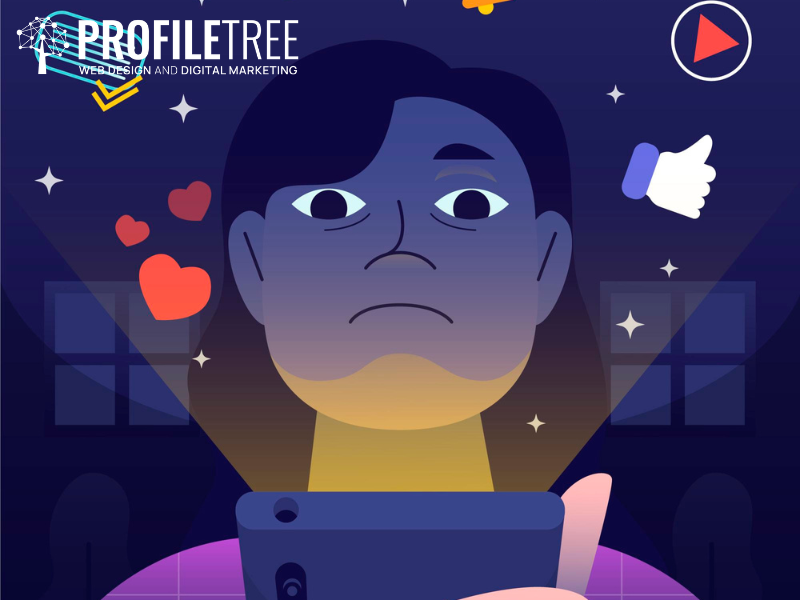
What Studies Have Found About the Relationship Between Social Media and Mental Health?
The relationship between social media use and mental health is a complex and evolving area of research, with numerous studies exploring various facets of this intricate link. Here’s a glimpse into some key findings:
Findings of Recent Research on Social Media Use and Mental Health
Recent research has uncovered compelling evidence of the impact of social media use on mental health. Findings indicate a strong correlation between excessive social media use and the prevalence of various mental health issues, emphasising the need for further exploration and intervention.
Correlation, not causation: While many studies highlight correlations between heavy social media use and increased risk of mental health issues like depression, anxiety, and loneliness, establishing definitive causation remains challenging. Individual factors, pre-existing conditions, and diverse online experiences contribute to the complexity.
Specific Concerns
- Social comparison: Studies suggest exposure to idealised online portrayals can trigger feelings of inadequacy and low self-esteem, potentially leading to anxiety and depression. (A 2018 study in the Personality and Social Psychology Bulletin found a link between frequent online comparisons and higher anxiety/depression.)
- Fear of missing out (FOMO): The constant pressure to stay updated and engaged with others’ seemingly exciting lives can fuel FOMO, amplifying anxiety and dissatisfaction with one’s own life. (A 2020 study in Cyberpsychology, Behavior, and Social Networking linked FOMO to higher perceived stress and lower life satisfaction.)
- Cyberbullying and harassment: These negative online experiences can have devastating consequences, leading to fear, isolation, and depression. (A 2017 study in JAMA Psychiatry found cyberbullying victims were at significantly increased risk for suicidal ideation and attempts.)
- Sleep disruption: Blue light exposure from screens and late-night scrolling can disrupt sleep patterns, impacting mood and overall well-being. (Research suggests sleep deprivation can exacerbate anxiety and depression, creating a vicious cycle.)
Statistics on Social Media’s Impact on Mental Health Issues
Statistical data has demonstrated the significant impact of social media on mental health issues, with a notable increase in reported cases of anxiety, depression, and other psychological disorders among frequent social media users.
- Increased Social Comparison:
- Studies suggest that excessive use of social media can contribute to negative mental health outcomes, as individuals often engage in social comparison with others. (Fardouly et al., 2015)
- Cyberbullying:
- About 37% of young people have reported being victims of cyberbullying on social media platforms. (UNESCO, 2019)
- Fear of Missing Out (FOMO):
- Approximately 70% of young adults experience FOMO, feeling anxious or stressed about missing out on social events or activities posted on social media. (Primack et al., 2017)
- Depression and Anxiety:
- Research suggests a positive correlation between high social media use and increased levels of depression and anxiety. (Twenge & Campbell, 2018)
- Positive Impact on Well-Being:
- On the flip side, some studies indicate that social media can have positive effects, such as providing social support and reducing feelings of loneliness. (Primack et al., 2017)
- Social Media Addiction:
- The prevalence of social media addiction varies, with estimates ranging from 5% to 10% of users experiencing symptoms of addiction. (Andreassen et al., 2017)
- Body Image Concerns:
- Exposure to idealised body images on social media can contribute to body dissatisfaction and negatively impact self-esteem, particularly among young individuals. (Perloff, 2014)
- Social Media and Sleep Disturbances:
- Excessive use of social media, especially before bedtime, has been linked to sleep disturbances and poor sleep quality. (Levenson et al., 2016)
The statistics presented here highlight the prevalence of social media use and its impact on various aspects of well-being, from increased stress and anxiety to the potential for cyberbullying and body image concerns.
